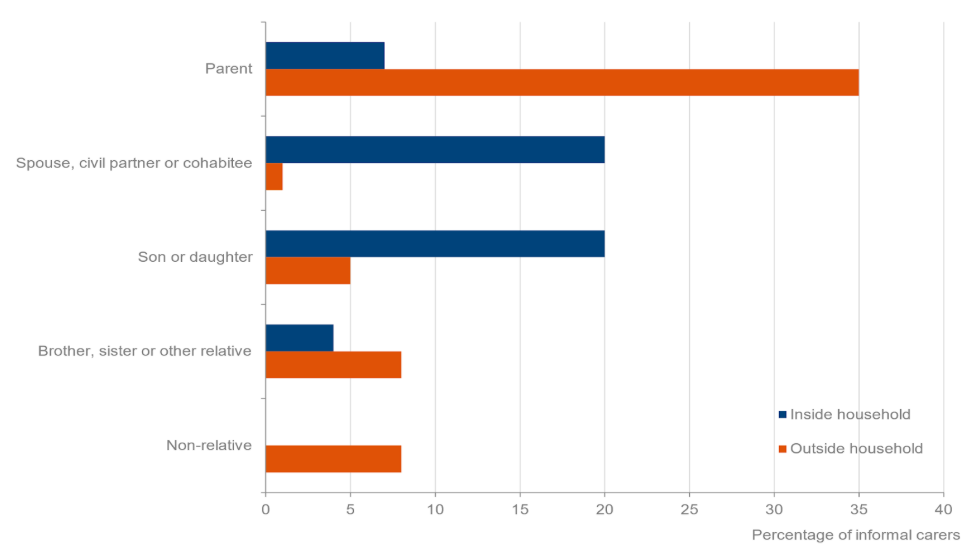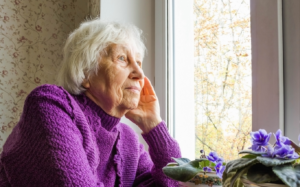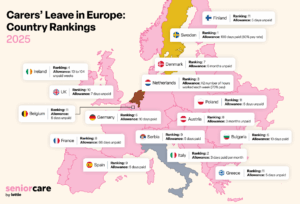As winter approaches, the days become shorter, darker, and colder. Fears of falling and health concerns can make outings difficult for older adults. This often leads to staying indoors and having fewer social interactions. The reduction in contact increases the risk of mental health issues such as depression and anxiety.
It also heightens feelings of isolation and loneliness. According to Age UK, approximately 940,000 people aged 65 and over frequently experience social isolation and loneliness. Maintaining consistent social contact is essential for emotional well-being; however, adverse weather, shorter days, and overstretched public services often hinder opportunities for those connections.
This makes winter a particularly challenging time for the elderly and their loved ones.

How Homeshare can help
Homesharing is a scheme that pairs a Householder, an older person with a spare room, with a vetted Sharer who provides live-in companionship and light support in exchange for affordable accommodation.
Services like homeshare offer a practical solution to winter loneliness. By pairing older adults with younger residents or others seeking affordable housing, homeshare fosters companionship, offers considerate support, and helps older householders feel more connected and secure within their homes.
Two Generations provides this service to individuals and organisations, supporting employees in managing their eldercare responsibilities while building stronger, more connected communities.
Homeshare benefits
- For Householders: It offers independence, companionship, and peace of mind.
- For Families: It reduces caring responsibilities and reassures loved ones about their safety and well-being.
- For Sharers: It provides affordable accommodation with a purpose and companionship.
Addressing loneliness amongst the elderly, especially during the winter, requires innovative solutions. Offering companionship through homeshare can transform winter from a period of isolation into one of warmth, company, and care.
You can read testimonials from Householders and their families, and Homesharers here. Or get in touch with the team to find out more.









